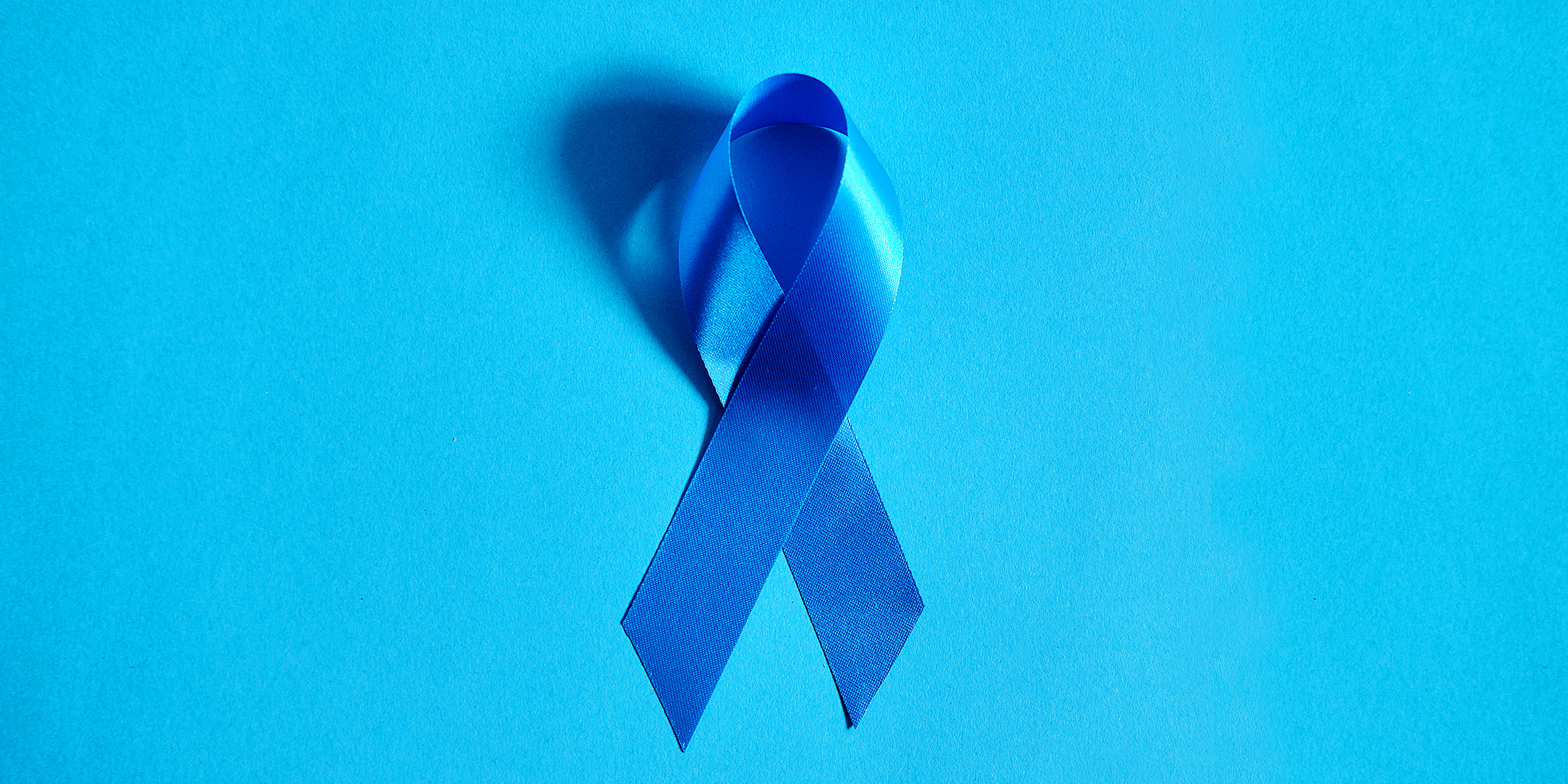
Experts Say Colon Cancer Is on the Rise Among Younger Adults
While the screening age was originally set for individuals aged above 50, there has been an alarming uptick in colorectal cancer diagnoses for younger adults in recent years, prompting some institutions to reduce the screening age to at least 45 and younger.
Doctors are warning the younger generations about the recent rise in colorectal cancer diagnoses — a disease primarily found in individuals aged 50 and above — among people in their 40s, 30s, and even 20s.
Many medical institutions are reporting an increase in younger patients with colorectal cancer and are scrambling to determine the cause. Doctors are now urging younger adults to get screened if they experience any suspicious symptoms.

A colorectal cancer ribbon | Source: Getty Images
Some Background
Colorectal cancer (which includes cancers of the colon and rectum) is the third most common cancer and the second leading cause of cancer-related deaths worldwide, according to the National Cancer Institute — making it crucial to recognize its telltale signs and catch it early.
In the United States, approximately 150,000 people are diagnosed with colorectal cancer per year, and between 52,000 and 53,000 unfortunately succumb to the disease. Since around 1980, the number of deaths has been essentially halved due to improved treatment and screening.
In the 1990s, out of the total number of estimated colorectal cancer diagnoses, only about 10,000 for people under 50. In the past 20–25 years, that number has doubled to about 20,000.

A doctor speaking with a young female patient in an exam room | Source: Getty Images
Otis Brawley, MD, a Bloomberg Distinguished Professor with appointments in Epidemiology and the Sidney Kimmel Comprehensive Cancer Center, said the cause isn't yet known, but there are some suspicions.
Brawley noted that colorectal cancer is "very intimately entwined with diet," adding that the consumption of processed and ultra-processed foods, along with obesity, may be contributing factors to the rise in cancer diagnoses among young adults.

A doctor and a male patient discuss test results | Source: Getty Images
"Another significant change is seen in the current generation of people in their 40s, who have received far more antibiotics than any previous generation. The overuse of antibiotics changes the bacterial flora of the gut and kills the good bacteria in our colon," he continued.
Other suggested factors currently being investigated by scientists include physical inactivity, air and water pollution, chemicals in soil and food, and pesticide use.

An agricultural worker sprays pesticides on crops | Source: Getty Images
Why the Recommended Age for Screening Was Lowered
The recommended age for colorectal cancer screening was previously 50. However, in recent years, the American Cancer Society and the U.S. Preventative Services Task Force have lowered it to at least 45.
Brawley, who previously served as the chief medical officer for the American Cancer Society and was on the committee that suggested offering regular screening to people aged 45, explained, "We decided on age 45 because that's where the majority of the problem is right now—in people ages 45 to 55."
Although he also noted a rise in diagnoses for people in their late 30s — with some medical practices reporting cases in patients in their mid-30s and even 20s — he advised those under 45 to be aware of colorectal cancer symptoms and to know when to see a doctor to get tested.

A close up of a patient in a hospital gown sitting on hospital bed | Source: Getty Images
What Symptoms to Look Out for
For colorectal cancer, screenings can be a colonoscopy every ten years, a yearly stool blood test, or a stool DNA test every three years. However, if you experience any of the following symptoms, no matter your age, speak a provider:
- Changes in bowel movements: Take note of loose stool (diarrhea) or constipation (less than three bowel movements in a week), and if these changes last longer than two weeks.
- Unusual stools: Watch for changes in the way your stool looks. If it's dark or black, it may indicate bleeding from a tumor. If it's narrow, pencil-thin, or ribbon-like, it could suggest a tumor blocking your bowel passage or rectum.
- Rectal bleeding: The blood could be coming from your rectum, it could be in your stool, or in the toilet bowl after a bowel movement.
- Low energy or fatigue: You might experience fatigue due to anemia from blood loss.
- Other symptoms: Feeling that your bowel doesn't fully empty, feeling "full" early, and unexpected or unintentional weight loss.
It's worth noting that while experts are observing a steady rise in colorectal cancer diagnoses among younger people, the overall numbers remain relatively low. Despite this, if you notice any of the changes outlined above, make an appointment and speak with your doctor.
The information in this article is not intended or implied to be a substitute for professional medical advice, diagnosis or treatment. All content, including text, and images contained on WomanlyLive.com, or available through WomanlyLive.com is for general information purposes only. WomanlyLive.com does not take responsibility for any action taken as a result of reading this article. Before undertaking any course of treatment please consult with your healthcare provider.
